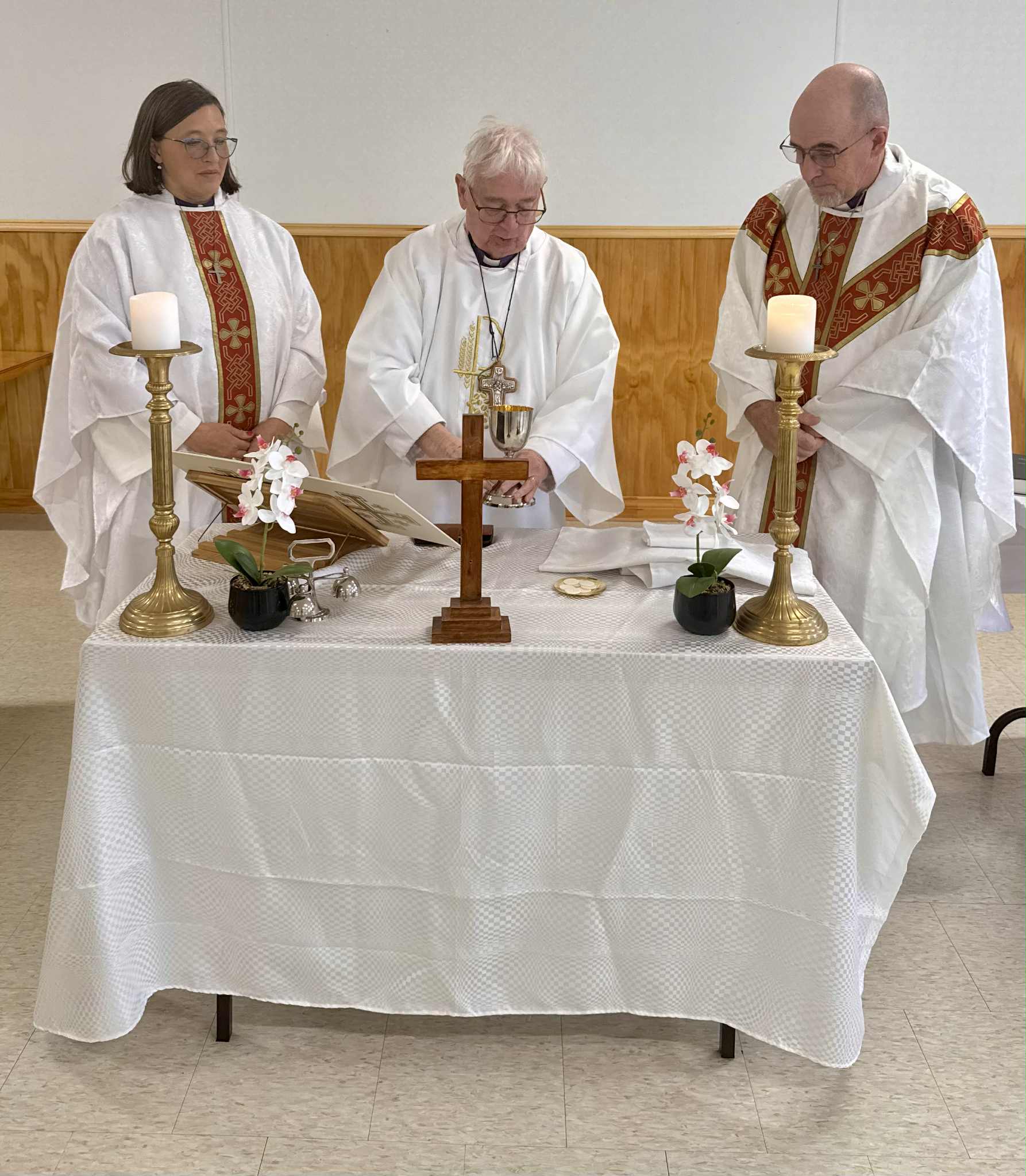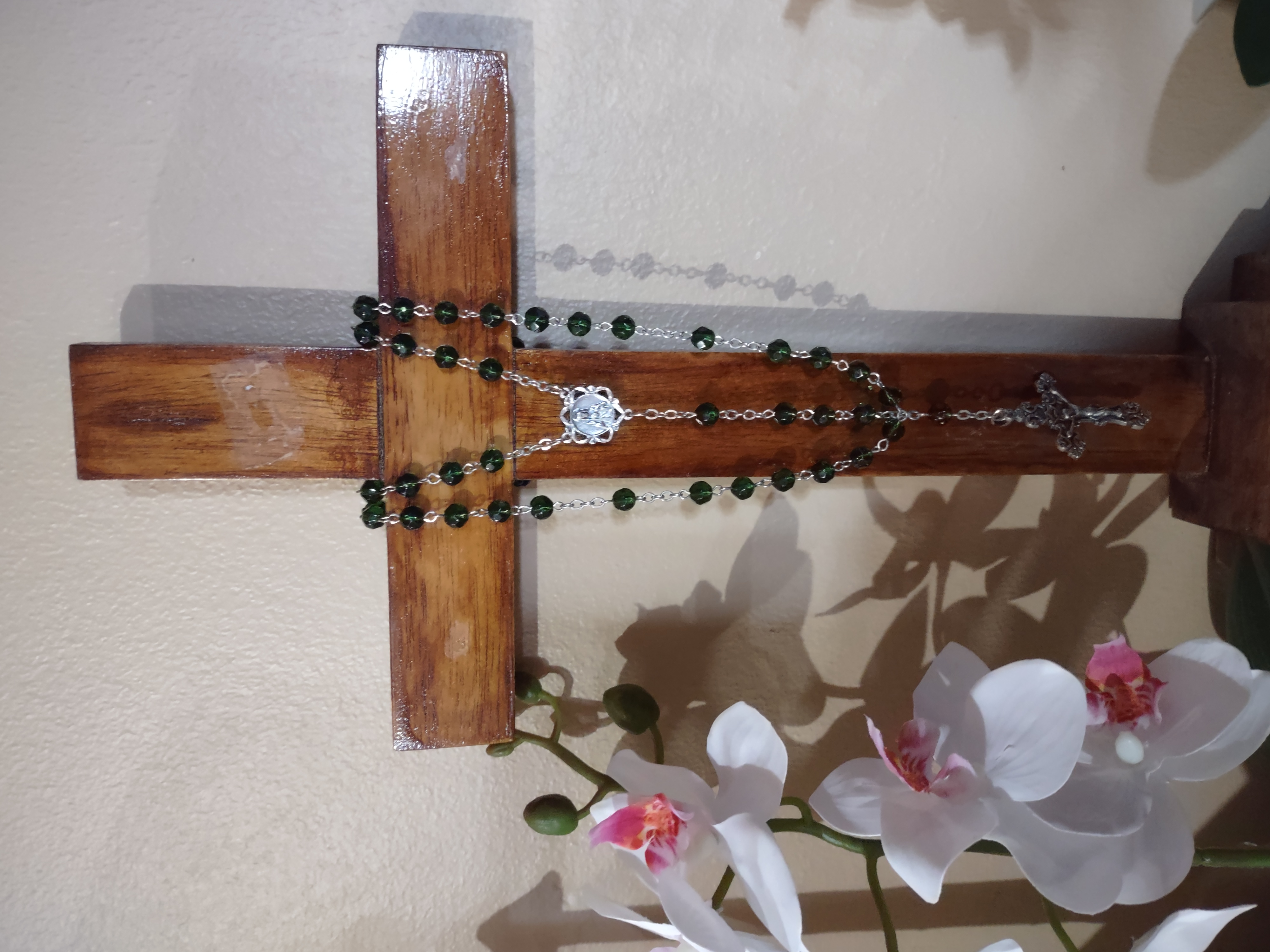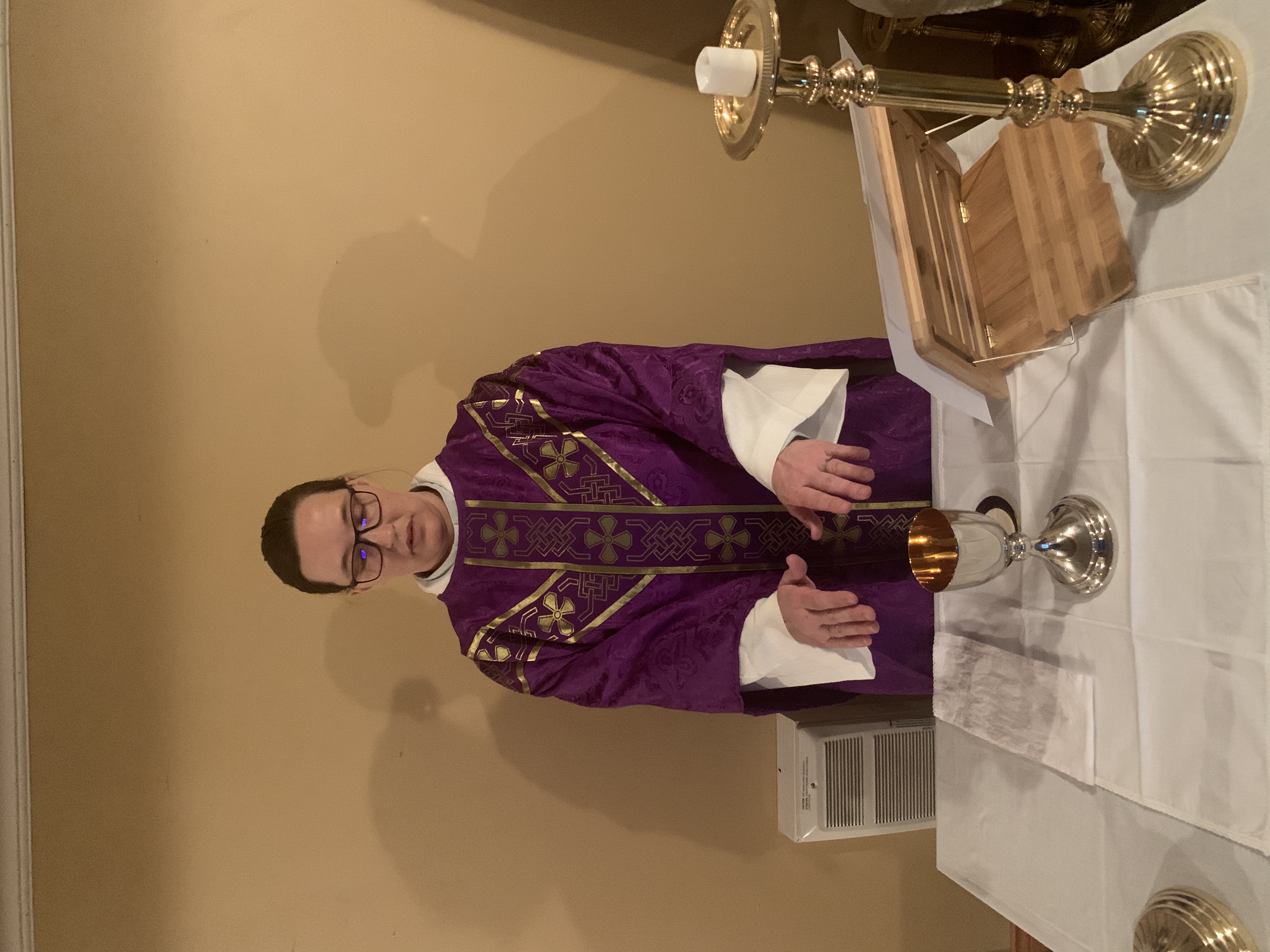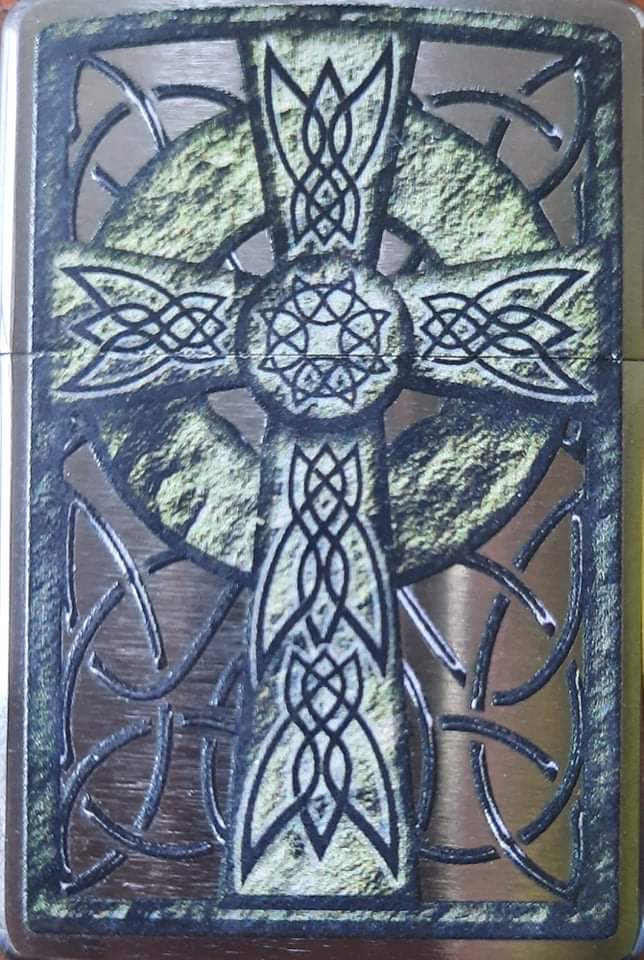- Home
- simply catholic
- Catholic Contentions
Simply Catholic and Welcoming You
Catholic Contentions

Three Bishops Celebrate the Liturgy of the Eucharist - A Valid Catholic Church Traces its Apostolic Succession Through Its Bishops
Catholic contentions are the issues over which various Catholic Rites and independent Catholic churches hold different views or beliefs. Especially on questions of inclusivity, sexuality within and outside of marriage, divorce/remarriage and other matters of exclusion, particularly regarding sensitive areas such as suicide, mental health and other judgment issues.
A contentious issue in many churches today and in smaller independent churches especially is the issue of loss of clergy status which can occur at the request of the cleric, punitively when there is wrongdoing on the part of the cleric or as an issue of denominational authorities removing clergy status when a cleric leaves their particular denomination. For information and our experience of this please click here.
Another contentious issue and one deserving it's own page is the question, Does Purgatory Exist? Please see that page by clicking here.
Likewise, we required a separate page when responding to the question "Why do catholic prayers or scriptures still call for harm to enemies and heathens?" For that page please click here.
This is a very large page so we will provide a primary table of contents for this page. This way you may click on the heading in the table for the area of interest to you and go right to it.
Table of Contents
Suicide, Euthanasia and Abortion
Homosexuality and Same Sex Marriage
What is a valid church?
This is one of those questions where we will get into some controversy.
For Roman Catholics, a valid church is understood to be "the one founded by Jesus Christ, the Roman Catholic Church, which is the sole and true church of Christ". This is based on the belief that Christ established his Church with the apostles and their successors, including the Bishop of Rome (the Pope) as the ultimate leader. The Roman Catholic Church is seen as the "universal sacrament of salvation" and the "only true religion".
For other Catholics, a valid church is understood to be the one founded by Jesus Christ, which is the sole and true church of Christ. This is based on the belief that Christ established his Church with the apostles and their successors. The Catholic Church is seen as the "universal sacrament of salvation" and the One, Holy, Catholic and Apostolic Church.
Remember the doctrine of papal infallibility was formally defined by the First Vatican Council in 1870. Prior to this there was the East, West Schism. A schism is a split that occurs based on differences of belief, and the Great Schism split the Christian Church along East-West lines. In 1054 AD, the leaders of the two most powerful patriarchal churches, the Pope of Rome and the Patriarch of Constantinople, excommunicated each other.
Until these events there was only one Christian/Catholic (Universal) church. Thus each of the Rites of the Catholic church(s) equally are One, Holy, Catholic and Apostolic. Rome alone has no exclusive claims to being the ‘only true religion’ and the Canons of the Roman church actually reflect this by acknowledging that each of the Catholic Rites are ‘equal in authority and dignity’. Why then does their catechism say they are the ‘only true religion’?
Indeed we take further exemption to this choice of wording as it, at a minimum, disrespects and quite possibly attacks other religions by intimating that they are not ‘true religions’. God created all mankind yet choses to give the gift of Christian/Catholic faith to some and not others.
Who then are we to judge others or decry their calling to a different faith than ours? While we accept the Divine Commission of Christ to teach all nations. We may offer the faith but only God gives that gift! God created the diversity in mankind and Jesus tells us clearly to “judge not lest ye be judged” Matthew 7:1
We see all Rites of the Catholic church as the "universal sacrament of salvation" and the One, Holy, Catholic and Apostolic Church, founded by Jesus Christ. We stop there, seeing no need to attempt to negate other peoples beliefs. If we are to claim and hope to establish any ‘rights’ to practice our faith then it follows that we must extend those same rights and privileges to all others.
This in no way diminishes our faith nor our practice of that faith. It simply leaves room for the diversity God Himself has given us.
Catholic Contentions, Mary and the Saints

A Rosary Draped on an Empty Wooded Cross - Symbol of the Risen Christ and Prayer Beads for Devotions to His Holy Mother Mary
What is the role of Mary in salvation?
In Catholicism, Mary's role in salvation is central and multifaceted. She is seen as the "Mother of God" and the "new Eve," her role in salvation being that of a co-redeemer, mediator, and advocate. While Jesus is the primary source of salvation, Mary's free faith and obedience in cooperating with God's plan for salvation are seen as crucial, making her inseparable from the saving work of her Son.
Was Mary a virgin her entire life?
Yes, a core teaching within Catholicism, known as the doctrine of the perpetual virginity of Mary, asserts that Mary, the mother of Jesus, remained a virgin throughout her life, including before, during, and after the birth of Jesus. This belief is one of the four Marian dogmas of the Catholic Church.
These four Marian dogmas of the Catholic Church are: Divine Motherhood (Mary as the Mother of God), Perpetual Virginity, Immaculate Conception, and Assumption. These dogmas define Mary's role in salvation history and her relationship with Jesus and God.
Should we pray to Mary and the Saints?
Yes, Catholics should pray to Mary and the saints, but not in the same way they pray to God. Catholic prayer to Mary and the saints is a form of intercession, where we ask for their prayers and guidance on our behalf, rather than worshiping them as deities. This practice is rooted in the belief that the saints in heaven are in close proximity to God and can intercede for those on earth. Again, these are prayers of intercession not worship.
Catholic Contentions, Gender and Sexuality Issues

Amma Charlene Performs the Liturgy of the Holy Eucharist - A Woman Priest, now a Provincial Bishop With Full Apostolic Succession and Valid Priesthood Orders
What does the Catholic Church teach about gender identity?
The equality of men and women is reflected in the Church teaching that the sexes are meant by divine design to be different and complementary, each having equal dignity and made in the image of God. Yet, in most mainstream Catholic churches we see a totally patriarchal and exclusive culture!
St. Brigit’s Community Catholic Church holds that All persons are created in the image of God and are meant by divine design to be different and complementary having equal dignity and rights regardless of their God given differences. Differences we believe are given as part of God’s wonderful tapestry of diversity wherein each compliments all others.
We honour those differences and accept all equally in spirit and practice. All are welcome to join us in full communion, able to receive all of the sacraments including matrimony and holy orders.
What is the Catholic stance on sexuality inside and outside of marriage?
Mainstream and Roman Catholics especially, explore sexuality through the lens of the Church's teachings on marriage and the dignity of the human person, particularly in the context of the sixth commandment. Key questions revolve around cohabitation, the proper expression of sexuality within marriage, and the virtue of chastity for all individuals.
Many Catholics believe sexual acts are primarily for procreation and the expression of love and unity between spouses. The Church generally discourages cohabitation, seeing it as a potential obstacle to the sacrament of marriage. Those who are not married are called to practice chastity, often described as continence.
The Church's understanding of sexuality is rooted in the Ten Commandments and the teachings of Jesus, with a particular emphasis on the dignity of human sexuality and the purpose of sex within marriage, (procreation) as outlined in the Catechism of the Catholic Church and other theological works.
Most Catholic Rites have many rules around sex and sexuality. Most of these are actually entrenched in church Canon Law.
The current, binding canon law for the Latin Church within the Catholic Church, known as the 1983 Code of Canon Law, contains 1,752 canons. This code is divided into seven books.
The Catholic Church's Code of Canon Law includes over 40 canons that address sex, sexuality, and marriage, with a specific focus on marital consent, impediments to marriage, and sexual offenses. These canons are crucial in defining the Church's understanding and regulations regarding these topics.
For example;
Canon 1057 defines marriage as established through the mutual and irrevocable consent of a man and a woman to form a lifelong covenant.
Canons 1084-1116 outline various impediments that can invalidate a marriage, including legal impediments like impotence and those based on the relationship between parties. (32 canons)
Canons 1390-1397 address specific offenses against sexual morality, including adultery, fornication, and other acts considered grave violations. (7 canons)
When we get into all the subsections to each canon the number of rules and restrictions are truly astonishing.
In Mark 7:8-9, Jesus criticizes the scribes and Pharisees for prioritizing traditions over God's commands, stating that they "have rejected the commandment of God and are clinging to human tradition"
In Matthew 15:9, Jesus states that "they worship me in vain; their teachings are but rules taught by men".
My question then is that, if Jesus Himself criticized the Pharisees and Sadducee's for having so many rules that they were keeping men from God, why are mainstream churches choosing to go down that same slippery slope?
Why are a group of purportedly celibate old men trying to dictate what is ‘allowed’ or ‘forbidden’ in the bedrooms of married people or even what is allowed sexually for everyone?
Why do they deem it necessary to determine that masturbation is a sin, yet mutual masturbation between married couples is foreplay? Oral stimulation is allowed, provided you finish with copulation yet oral sex (if you finish) is a sin??? Contraception is contrary to God’s design yet having so many babies you cannot afford to raise them or risk the mothers life is somehow alright???
All this and more is before we even get to the questions around same sex relationships. Today , thanks to overwhelming scientific evidence, we understand that sexual orientation is NOT a choice. It is part of the God given diversity of mankind. To ask people to live contrary to their God given nature is to torture them for the rest of their lives. How is that consistent with love of God or mankind? Judge not, yeah right!
Why do churches insist on exclusion for those they do not deem to fit their ideals of what a Christian or Catholic should be somehow required to be? Why exclude God loving, God fearing people on the basis of sexuality, sexual orientation, marital status, denomination, etc?
We need a foundational understanding of our faith, not a dissertation on the minutiae of our lives. So yes, some ‘rules’, some canons are needed but 1,752? Why, just why?
More importantly, in the face of today’s understanding of sex and sexuality, why are those cannons still there? Why do churches continue to perpetuate phobias and bias under the guise of righteous ‘laws’ of faith?
St. Brigit’s Community Catholic Church takes the words of Jesus seriously. He lived Love and non-judgement. Our Savior and ultimate judge of all chose love and forgiveness. If He decided to speak out against religion having too many rules. Rules that kept people from God. Maybe we should focus on following His example instead of trying to be the authority in areas that were never ours to dictate.
Catholic Contentions, Suicide, Euthanasia and Abortion

A Celtic Cross of a Type Seen on Gravestones Worldwide
Most Catholic churches take the position that voluntary co-operation in suicide is contrary to the moral law. Grave psychological disturbances, anguish, or grave fear of hardship, suffering, or torture can diminish the responsibility of the one committing suicide. We should not despair of the eternal salvation of persons who have taken their own lives.
Why then are those who commit suicide not buried with their families? Why do they ‘need’ to be buried in unconsecrated ground away from the consecrated graves? Surely, yet again, this is an example of judgment and exclusion.
St. Brigit’s Community Catholic Church holds the position that most reasonable people would not commit suicide therefore those that do have, literally, lost their ‘reason’. In other words they are mentally ill or at the least mentally unstable at the moment when they made that choice. Absolutely they have diminished responsibility!
Others who choose suicide or assisted suicide may be suffering or looking at suffering from painful, debilitating diseases and unable to fathom tolerating this any further. Anguish and grave fear of hardships, you bet.
It is our position that we judge not these souls, rather afford them all the grace and dignity extended to any other person following and during their death. Bury them in consecrated ground and, yes, hold their hand and attend to them at the moment of their death, chosen or spontaneous. This is love and mercy, even if we cannot understand or agree with their choice.
How can people who would put any dog ‘out of its misery’ deny mercy to a fellow human? This is a controversial stance I know but we are not saying to take another person's life. We are saying that choice is between them and God and not for us to punish through consequence of conditions of final comfort, burial or the added family anguish such actions then cause.
For the record, I have personally been involved in suicide interventions too numerous to track and lost a few. I have and would advise others to do all you can to see a troubled person aided and returned to health. I just will not judge those who passed at their own hand or by assisted suicide.
Also ‘for the record’, I have held the hands of people (who were not Christians) who choose assisted suicide over the overwhelming pain they were suffering. In my mind and heart they deserved comfort in their final moments just as did those of my loved ones who reached their final moments in the natural order of things.
What does the Catholic Church say about abortions?
The Roman Catholic Church and others firmly oppose abortion and consider it a mortal sin. They teach that human life is sacred and must be protected from the moment of conception. The Church's position is rooted in the belief that a human being has a right to life from conception and that abortion is a violation of that right.
St. Brigit’s Community Catholic Church agrees with this stance in principle AND sees the issue as much more complex than holding a fixed, rigid position for all. When doctors determine that there is something wrong and the baby will not survive or that the mother, even mother and baby will be likely to be lost suddenly the standard answer isn’t so standard or appropriate.
Pregnancies resulting from rape or incest can so traumatize the ‘mother’/woman that carrying to full term is absolutely unthinkable to them. They will never be the same again and forcing them to carry to full term is further trauma. The ‘morning after’ pill and abortions may be their only acceptable options if they are to regain their mental and emotional well being.
So for us, with the proviso that abortion and morning after pills are not ‘options’ for managing normal sexual relations, it must be the ‘mother’/womans choice based on the totality of the circumstances. It should never be open to the dictates of church or persons other than the woman in these circumstances. So, while in normal circumstances abortion is a sin, we do see mitigating circumstances such as mental health and survival as diminishing , even negating the sinful aspect of this choice.
Catholic Contentions, Homosexuality and Same Sex Marriage

Archbishop Philip and Bishop Charlene, a Married Episcopal Couple Will Officiate for same Sex Marriages Joyfully Blessing All Loving, Committed Couples
VATICAN CITY (CNS) -- Pope Francis reaffirmed that homosexuality is not a crime, and that any sexual act outside of marriage is a sin, in a written response to a request for clarification about his remarks during a recent interview with the Associated Press.
So now priests in the Roman Catholic church can ‘bless same sex relationships although they are still sinful’ and Pope Francis clarified that homosexuality is ‘not a crime but still a sin’. I don’t blame anyone for being further confused by the duplicity of those statements.
How can simultaneously inclusive and exclusive statements help anyone, especially those in same sex relationships? I have already written on the number of canons of the Roman Catholic Church dealing with sex and sexuality including same sex relationships. To many Catholic churches same sex relationships are still considered a sin!
For the Anglican, Episcopalian and some independent Catholic Churches this is not the case. St. Brigit’s Community Catholic Church accepts all committed, loving relationships and will bless these relationships in Holy Matrimony with all the rituals and grace that sacrament affords to all people. In other words we use exactly the same sacramental liturgy regardless of the couple being hetrosexual or same sex.
Recent Articles
-
The Basic Catechism of the Catholic Church
Feb 12, 26 11:03 AM
A basic catechism of any rite or branch of the catholic church acts as a primary reference for teaching the faith -
The Divine Office
Feb 07, 26 11:07 AM
The Divine Office The Divine Office, also known as the Liturgy of the Hours or Opus Dei ("Work of God"), is the official, daily set of prayers of the Catholic Church -
Women Being Removed or Voided from Scriptures
Jan 17, 26 05:06 PM
The concept of women being "removed" or "voided" from scriptures refers to both the physical exclusion of female narratives in historical texts...
Boat Harbour West, Newfoundland, Canada. Cell Number 709-276-0626
Join Us Also on Our St. Brigit's Community Catholic Church Prayer group on Facebook: https://www.facebook.com/groups/324523956473448


